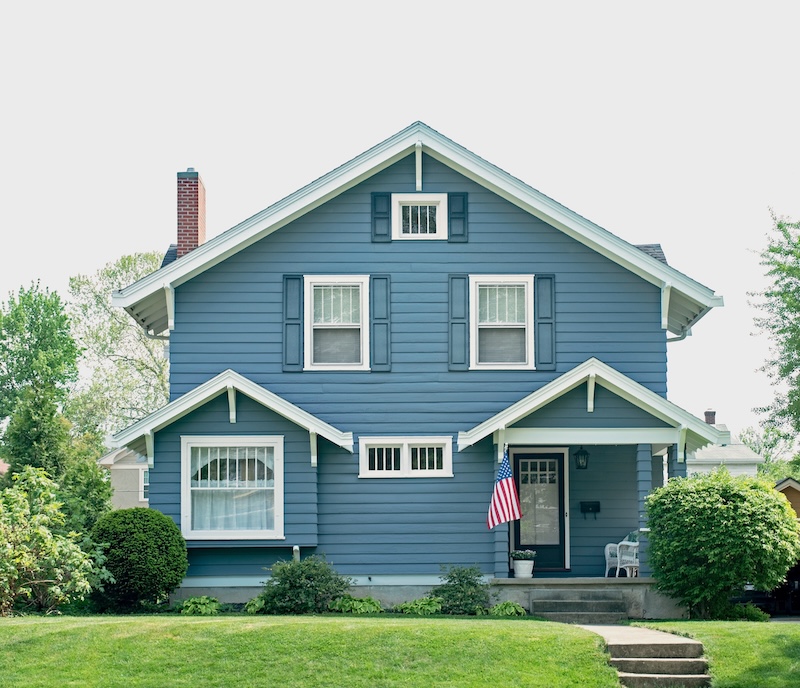Owning a second home can be a rewarding venture, potentially offering a getaway for your family or a lucrative rental income. For military families, utilizing VA Loan benefits to finance a second home might seem like an attractive option. However, there are both risks and rewards to consider. Below is an in-depth look at how VA Loans work, how they can be used for a second home, and key financial aspects to keep in mind.
Understanding the VA Loan
The VA Loan is a mortgage loan guaranteed by the United States Department of Veterans Affairs (VA). It was created to help service members, veterans, and eligible surviving spouses become homeowners. One of the primary benefits of a VA Loan is that it often requires no down payment and comes with competitive interest rates. Additionally, there are no private mortgage insurance (PMI) requirements, making it an affordable option for many military families.
Using VA Loan Benefits for a Second Home
Generally, VA Loans are intended for primary residences. However, there are scenarios where military families can leverage their VA Loan benefits to purchase a second home. For instance, if a service member is relocated due to a permanent change of station (PCS) and chooses to retain their first home, they might be eligible to use the remaining VA Loan entitlement to finance a second property.
Limitations of the VA Loan
It’s essential to be aware of the limitations of the VA Loan. For one, the loan must be used for properties that will serve as your primary residence. Therefore, using a VA Loan strictly for investment properties can be challenging. Additionally, there are limits to how much you can borrow without a down payment, which varies based on the county loan limit and your remaining entitlement. Always check with the latest VA regulations on VA.gov for up-to-date information.
Financial Considerations for a Second Home
Budgeting for a Second Mortgage
Before diving into the purchase of a second home, thorough budgeting is crucial. Consider all associated costs, including mortgage payments, property taxes, insurance, maintenance, and potential homeowners association (HOA) fees. Use a mortgage calculator to understand your monthly payments and ensure they fit within your financial means without overextending your budget.
Risk Management
Owning a second home comes with risks, such as market fluctuations, vacancies (if renting out the property), and unexpected repairs. To manage these risks, establish an emergency fund to cover at least six months of mortgage payments and other expenses. Additionally, consider obtaining a comprehensive insurance policy that covers both your primary and secondary residences.
Financing Options
Apart from VA Loans, explore other financing options like conventional loans, FHA loans, or even tapping into home equity from your primary residence. Each option comes with its own set of benefits and requirements, so it’s essential to compare and choose the best fit for your financial situation.
Benefits of Owning a Second Home
Short-Term Benefits
In the short term, owning a second home can provide a personal retreat or a source of rental income. If you choose to rent out the property, it can help offset the mortgage costs and potentially generate additional income. Furthermore, it can serve as a vacation home, offering your family a consistent and familiar getaway spot.
Long-Term Benefits
Long-term, a second home can be a valuable addition to your financial portfolio. Real estate generally appreciates over time, potentially increasing your net worth. Additionally, having a second property provides diversification to your investment portfolio, spreading risk across different asset types. It also offers future flexibility – you might choose to sell it for a profit, convert it into your primary residence upon retirement, or pass it down to your heirs.



